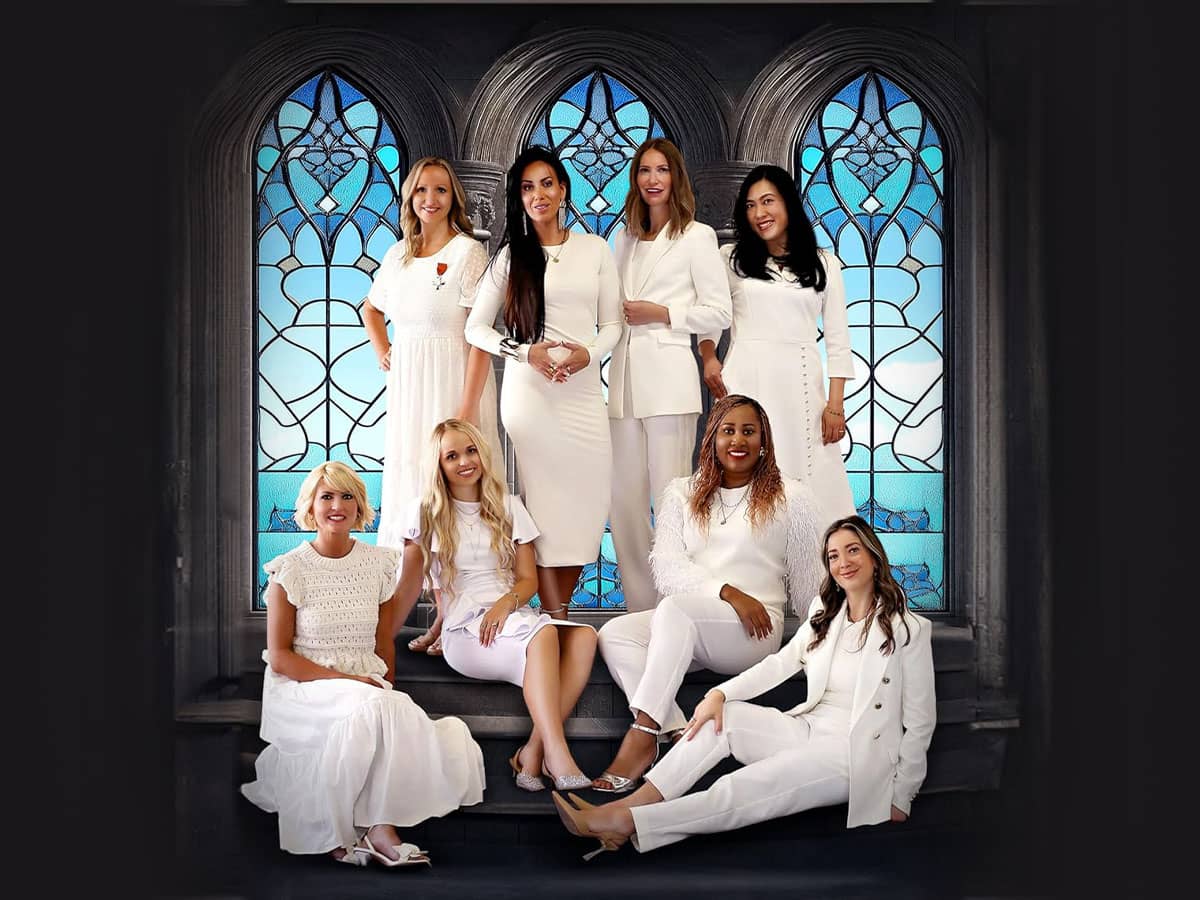Though most of the controversy over Duck Dynasty star Phil Robertson’s GQ magazine interview centered on his harsh remarks about homosexuality, many people were also upset over his dismissal of segregation’s harshness.
“I never, with my eyes, saw the mistreatment of any black person. Not once,” said Robertson, who grew up poor, in rural north Louisiana. Robertson, a devout Evangelical Christian, went on to say that in the old days, blacks “were godly; they were happy; no one was singing the blues.”
Offensive? You bet. But growing up in Louisiana, I heard the same thing many times from whites of Phil Robertson’s generation (he is 67). The thing is, insofar as they are describing their own memories, they are not lying.
During the Robertson affair in December, I had a conversation with an older white Christian friend who grew up in a Deep South town a lot like Robertson’s. This friend works in an inner-city ministry of racial reconciliation. He’s the real deal. But he said to me, “You know, if you had asked me for my memories, I would have said the same thing as Phil Robertson.”
My friend was not making a statement about history – he knows perfectly well how terribly Southern blacks were treated during the Jim Crow era -- but about the cultural conditioning and the unreliability of historical memory. As a white man growing up in the final decades of segregation, he did not see what was right in front of his eyes. Everything in his culture trained him psychologically not to see the harsh truth. My friend didn’t have a moral awakening until later in life; this is why he went into inner-city ministry.
The point is not to excuse Phil Robertson’s blindness, but to try to explain it. The civil rights movement was barely over when I was born; my generation was the first in our small Louisiana town to go through integrated schools. As a teenager, I learned from television – not from the school, and not from the church -- about the evils of segregation. But nobody in my town – no whites and no blacks – openly discussed any of this history. They still don’t.
It is difficult for people who don’t live in the rural South to understand how someone like Phil Robertson could believe the things he apparently does about racial history. What they don’t appreciate is the capacity of the human mind to rationalize and to deny things that are too painful to accept. This is not a weakness of white people, or of country people, or of Southern people; it is a weakness of all people. Orwell said it best: “To see what is in front of one’s nose needs a constant struggle.”
When I was younger, it was easy to work myself up into a self-righteous lather, condemning my ancestors for their racism. As I got older, though, I began to wonder how well I would have fared had I grown up in that era. Robertson’s hometown, Vivian, La., is twice the size of mine. Can I honestly say that if I had grown up here in the 1940s and 1950s, that I would have been all that different from the whites of Robertson’s generation?
I cannot. When your entire culture is built around collective denial of an evil practice upon which the social structure depends, it takes a man or woman of extraordinary vision to rise above it. Even John Newton, the former slave trader who became a clergyman and wrote the hymn “Amazing Grace,” did not immediately leave slaving upon his conversion. Most Christian Englishmen of his era thought slave-trading an honorable and necessary profession.
What customs and beliefs that we consider acceptable today will be thought of as wicked tomorrow? We are all bound by the limitations of time, culture, and our own subjectivity. For Christians, however, the Gospel imperative to search our own consciences vigilantly, to acknowledge our sins without qualification, and to repent with vigor, is the best strategy we have to keep our moral vision sharp.
Phil Robertson was wrong, morally and factually, to deny or to downplay the cruelty and racism of the segregated South. I pray that he knows that now. But it’s far too easy to pick the speck out of the eye of a gray-bearded, self-described redneck from the sticks. Many of us who stand in righteous condemnation of Phil Robertson’s moral blindness would see logs in our own eyes, if we ever bothered to look in the mirror.
Besides, it’s a good idea to be merciful when we judge our parents. After all, one day we will be judged by our children.
Rod Dreher can be reached at rod@amconmag.com

